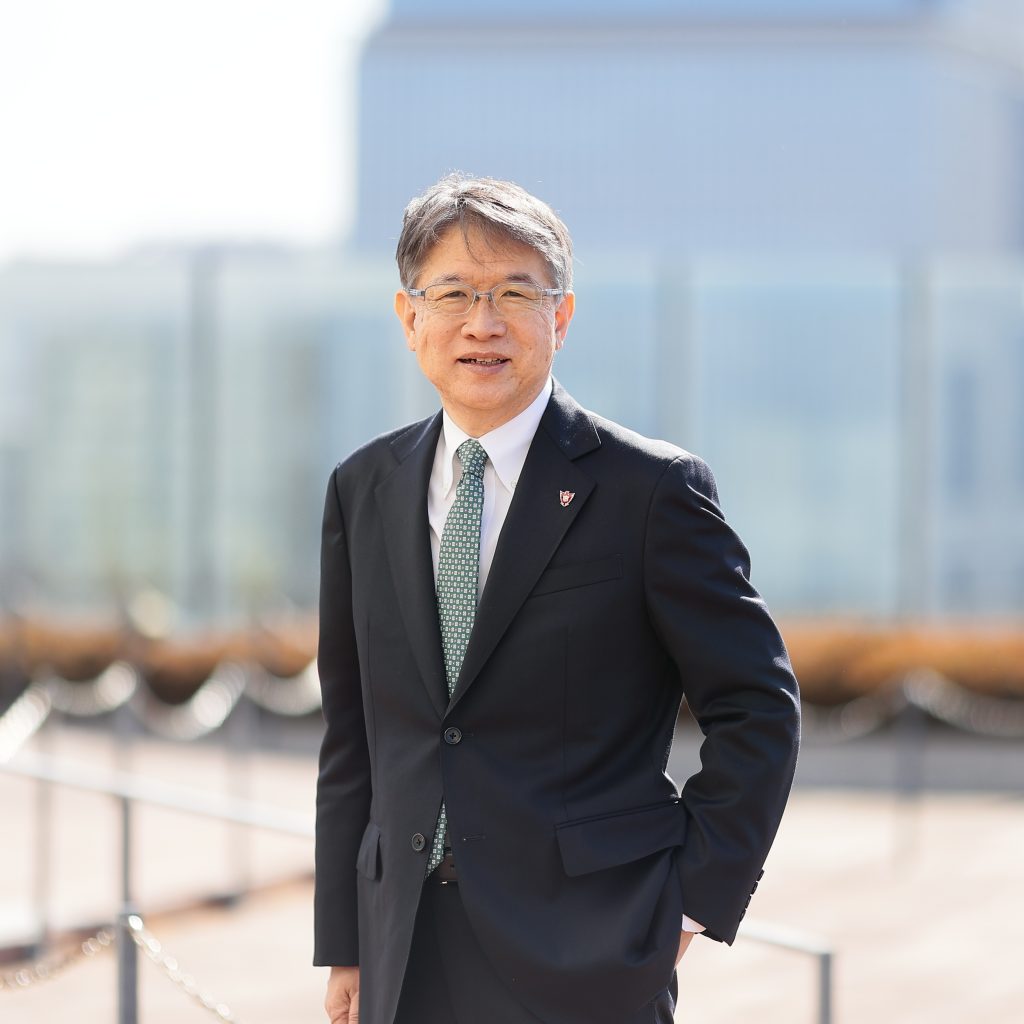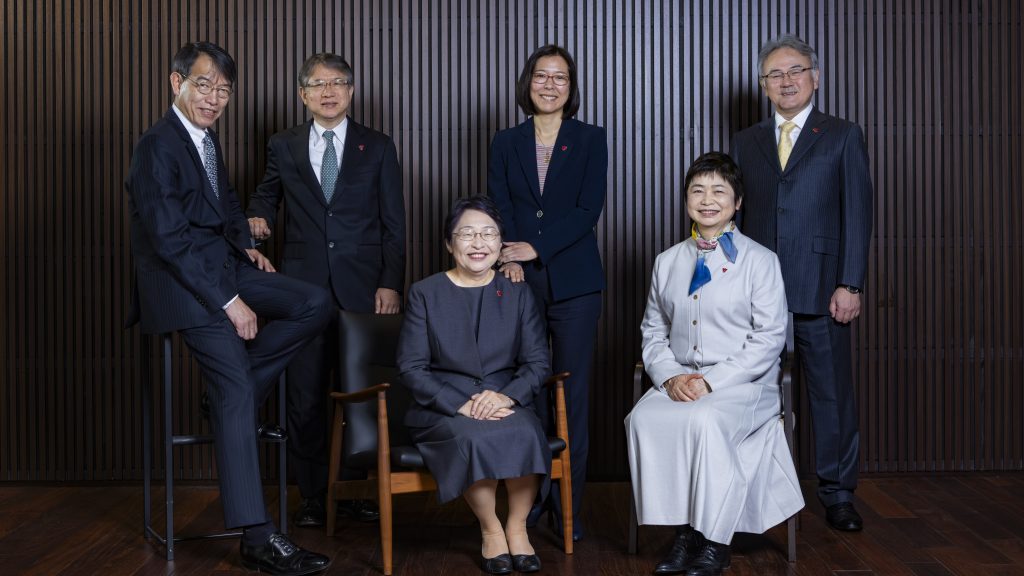Realizing Deeper Learning by Making Academic Credits More Substantive: Changing Japan’s Higher Education beyond Sophia University

“Is university learning truly fulfilling?” Confronting this question, Sophia University is embarking on a sweeping reform. Vice President for Academic Affairs, Makoto Ikeda, has been addressing the issue of “making academic credits more substantive” even before taking up his current post. Ikeda speaks about upcoming reforms the university plans to undertake to confront this challenge stemming from the wide gap between the nominal and actual hours of study outside class.
The Reality Japan’s Universities Have Long Ignored
Japan’s higher education system differs significantly from that of other developed countries. One major difference lies in the disconnect between academic credits and actual study time. According to the Standards for Establishment of Universities, a set of rules applied uniformly to all universities in Japan, students at four-year universities are required to earn at least 124 credits to graduate. The quality of each credit is meant to be backed by study time: for every one unit of class time, two units of self-study outside of class are expected. For example, a 90-minute class held once a week should be accompanied by 180 minutes of study outside class per week in order for the credit to be awarded.
In Japan, it is common for first- and second-year university students to have 12 or 13 classes per week. If a student takes twelve 90-minute classes, that would require 2,160 minutes (36 hours) of study outside class each week, meaning over five hours per day, including on weekends. (At Sophia University, classes are 100 minutes long, so the calculation differs slightly.) In reality, however, few students study that much.
A survey found that half of Japanese university students spend fewer than five hours a week on out-of-class study, only a fraction of what is typical at universities in Europe and North America, where independent study is standard practice. In other words, the credit system in Japan functions largely in name only. The effort to restore its original intent, ensuring the study time required by rule, is our initiative to “make academic credits more substantive.”
A lack of study time outside class also affects the quality of learning. Classroom time is often passive, centered on listening to lectures and absorbing information. In contrast, out-of-class learning involves reading, reflecting, and organizing one’s own thoughts. Only when these two types of learning come together can true “deeper learning” occur. However, at present, that balance is heavily skewed.
Sophia’s Answer: Introducing a Cap on Course Enrollment
The most important initiative in making academic credits more substantive is the CAP System, which sets a limit on the number of credits students may register for each semester. In May 2023, Sophia University established the Subcommittee on Enhancing Student Learning and Making Academic Credits More Substantive. At the time, I was serving as Director of the Center for Academic Affairs, and in that capacity I chaired the subcommittee, which engaged in a year-long series of discussions.
As a result, beginning with students entering in Academic Year 2027, when the new “Three Policies” (Diploma Policy, Curriculum Policy, and Admissions Policy) will take effect, the maximum number of credits for which students in all faculties may register per semester will be reduced. In addition, the subcommittee recommends that “more than half of all courses be offered in twice-weekly sessions” and that “required courses be established for fourth-year students.”
Given that many students currently spend only a few hours per week on out-of-class study, building a habit of studying 20 to 30 hours a week will not be easy. To support this transition, various measures are being considered. Since coursework and assignments are expected to increase, the university plans to establish a structured system for academic advisory. We also aim to further develop and integrate existing learning support services, such as the Data Science Clinic, where students can ask questions about statistics and data analysis, and the Writing Lab, which provides guidance on report and paper writing, into a more comprehensive support framework.
At the same time, an increase in assignments will inevitably place greater grading burdens on faculty. To help alleviate this, the university will review its Teaching Assistant (TA) system. Furthermore, Faculty Development (FD) programs will be strengthened to share diverse approaches for promoting effective out-of-class learning.
Sophia also plans to revise its credit transfer system to enable full credit recognition, including out-of-class study hours for coursework completed at overseas universities. Once implemented, this reform should help reduce concerns such as long-term study abroad programs making it difficult to graduate within four years.
Leading the Way in Elevating Japanese Higher Education to be World Class
To elevate Japan’s higher education to a global standard, we must make academic credits more substantive. This reform is the university’s responsibility and a direct challenge to one of the long-standing issues facing Japanese higher education. Few universities have tackled it head-on, but if Sophia succeeds, it is likely to spur reform at other institutions as well. Students will spend more time than ever on research, analysis, and writing, cultivating their academic creativity and developing the ability to think broadly and deeply. These skills, when integrated with a solid foundation of specialized knowledge, will ultimately translate into greater employability.
Some high school students may think, “Sophia sounds too demanding; I don’t want to study that hard.” Yet I believe just as many, or even more, will see the dedication and growth of their seniors and think, “I never really understood what university education could offer, but at Sophia, I can truly grow.”
